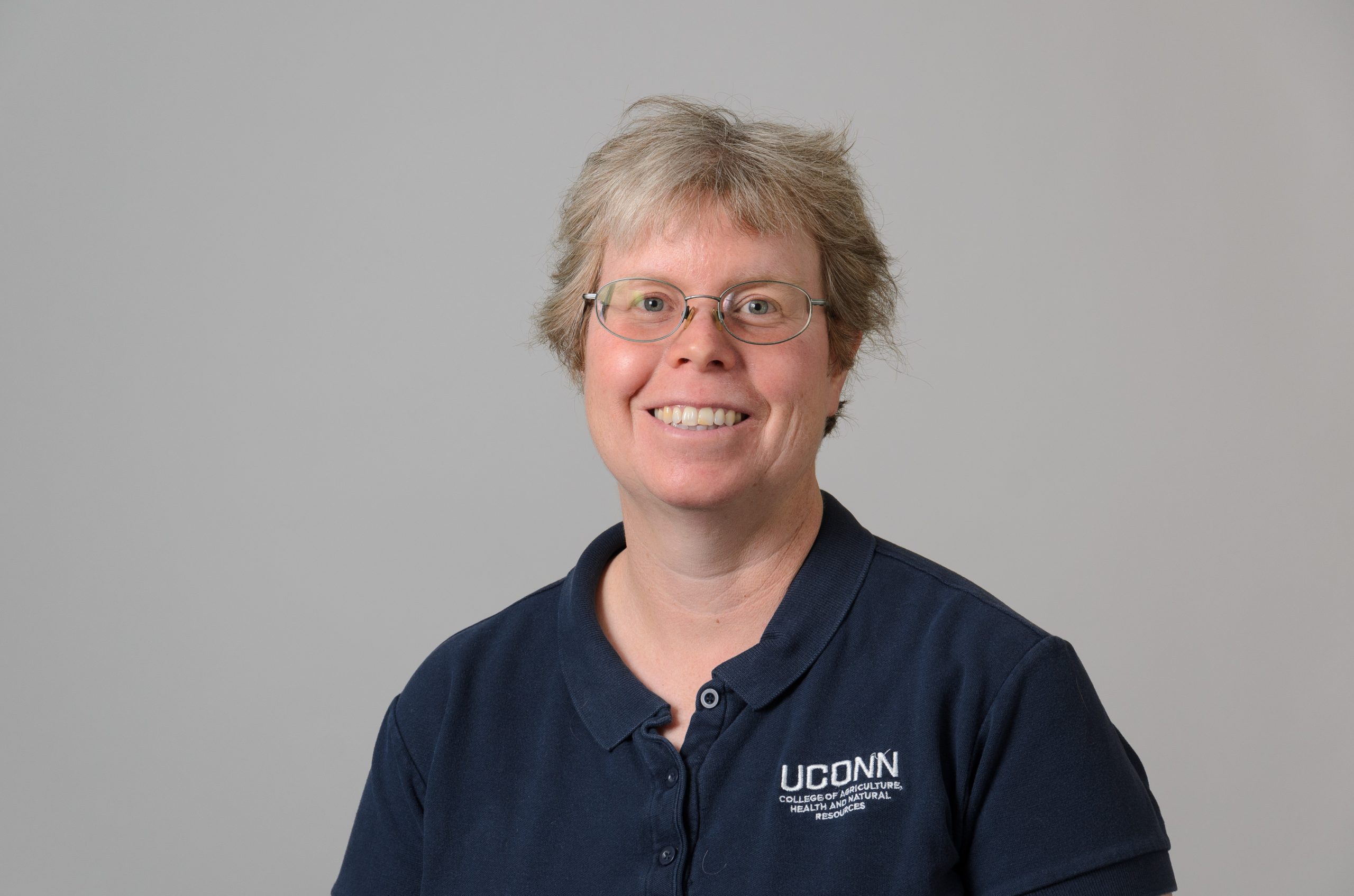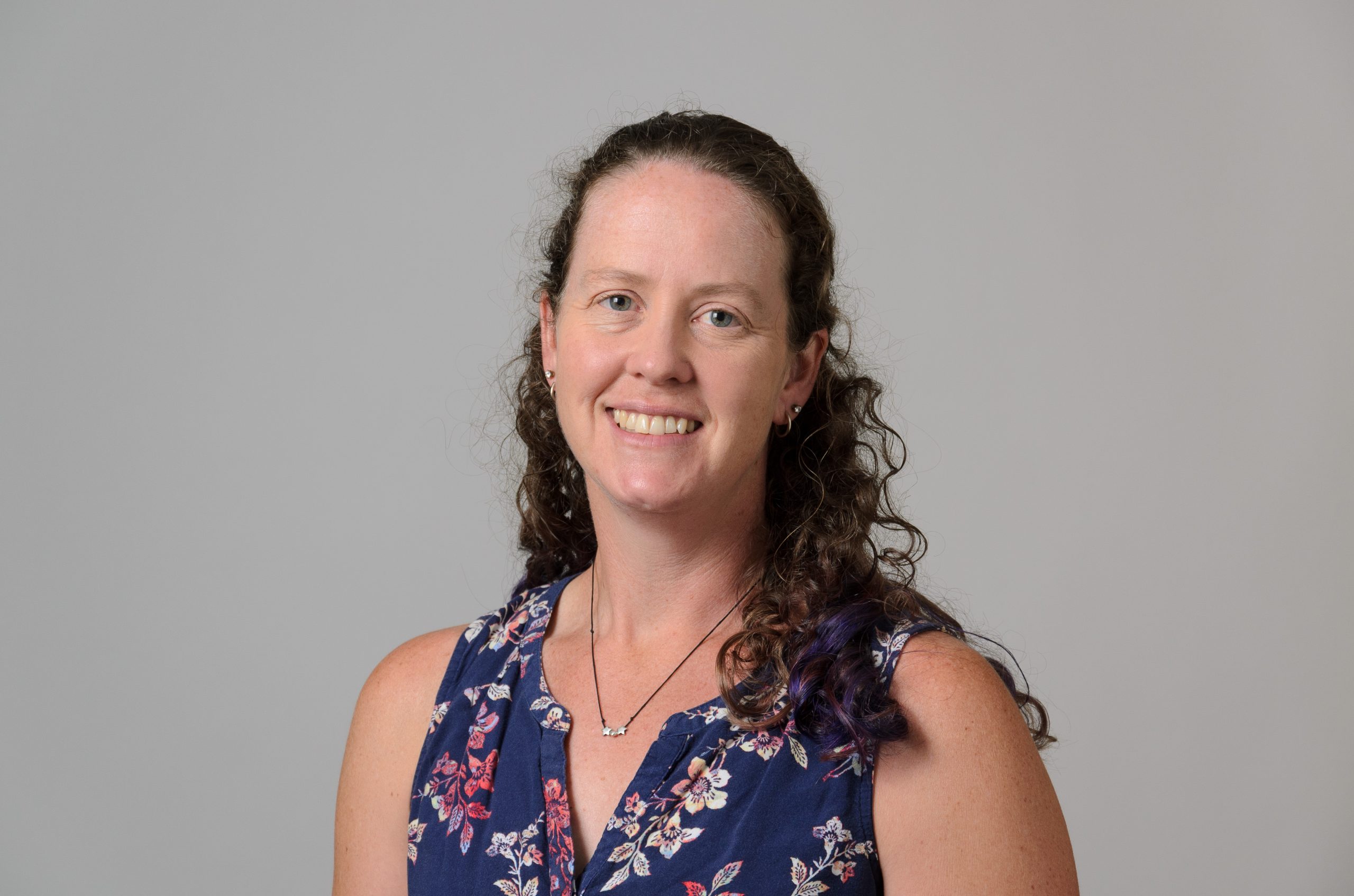
Research

Dr. Mary Anne Amalaradjou
Dr. Amalaradjou’s current research seeks to understand pathogen survival and persistence along the food chain, their virulence attributes, and the application of probiotics to control foodborne pathogens. Her lab also studies the efficacy of currently applied hurdle technologies to reduce pathogen transmission from farm-to-fork. Beyond controlling pathogens in food systems, her research investigates the potential application of probiotics as alternatives to antibiotics in poultry production and functional foods in the prevention of gut pathologies. Dr. Amalaradjou’ s main objective is to improve food safety and promote public health.
Dr. Dennis D'Amico
Dr. D’Amico’s research aims to improve the safety and quality of food with an emphasis on milk and value-added dairy products. His lab also conducts special projects in collaboration with stakeholders as part of Dr. D’Amico’s integrated extension program. His current interests are focused on identifying and optimizing natural and novel means of controlling foodborne pathogens and spoilage microbes in milk and cheese including the application of protective cultures of lactic acid bacteria and bacteriophages. His lab seeks to understand microbial population dynamics throughout the cheesemaking continuum including the role of microbial ecosystems in cheese production environments.


Dr. Breno Fragomeni
Dr. Fragomeni's research is focused on predicting animal's performance using genomic information. Additionally, he utilizes various genomic tools to study the structure of livestock populations and dissect the underlying genetics of complex and economically important traits. His lab works with a diverse number of species including cattle, fish, shrimp, pigs, and dogs. The research consists on using statistics to analyze data so that we can determine the animals to be selected to be parents of future generations. Recently, his lab has been focusing in novel complex traits such as heat-stress, behavior, and disease resistance.
Dr. Maria Gracia Gervasi
Dr. Gervasi’s research centers on the molecular mechanisms triggered during sperm capacitation that impact early embryo development. Assisted Reproductive Technologies (ART), such as in vitro fertilization, are essential tools for treating human infertility, enhancing livestock production, and preserving endangered species. Despite their widespread use, ART remain limited by the challenge of producing embryos capable of developing into viable offspring. The Gervasi lab employs mouse and bovine models to explore the paternal influence on early embryogenesis, aiming to deepen understanding of the initial stages of mammalian development. Using advanced methodologies, including RNA sequencing, advanced imaging, and targeted gene manipulation, they seek to uncover the underlying mechanisms driving these early developmental processes. Their research can be applied for the development of new improved ART and has significant potential to improve ART outcomes.


Dr. Kristen Govoni
Dr. Govoni’s lab is exploring growth and development at the cellular level to identify methods to improve animal health and efficiency of production. Using a sheep model, the lab is investigating the effects of poor maternal nutrition on pre- and post-natal development offspring growth (muscle, bone, and adipose tissue) and metabolic dysregulation (liver, muscle, and blood). Based on the knowledge that poor maternal nutrition impairs offspring growth, increases adipose deposition, and alters local and systemic metabolism, they are using omics approaches to identify the mechanisms of action through changes in mRNA expression, protein expression, metabolites, and epigenetic regulation.
Dr. Jenifer Nadeau
Dr. Nadeau’s research looks to determine if horses stay high or lower shedders throughout their lives and how their physiological state affects their parasite susceptibility. She is also conducting research on how being a therapy dog affects the dog, handlers and people it encounters. Dr. Nadeau is also involved with a project fit-testing special earplugs on military and police dogs and evaluating the stability, durability and functionality of plugs. In addition, they will be observing acceptance or rejection by the dog, etc., working from basic insertion and acceptance to rigorous operational training with the plugs inserted. Other research involves surveying horse owners and managers to determine what type of parasite treatments they use and their current knowledge about parasites in horses.


Dr. Sarah Reed
Research in the Reed lab is focused on skeletal muscle growth and development. Her lab is working to understand how poor maternal nutrition during pregnancy impacts oxidative stress and inflammation in the offspring using a sheep model. They are also interested in determining how best to manage beef x dairy crossbred calves to improve growth. Her lab is also working with collaborators in Biomedical Engineering to detect and predict stress in horses. Undergraduate researchers in the Reed lab are working to identify changes in gene expression related to muscle growth, the impacts of poor maternal diet during gestation on lamb health, and the impact of grower diets on beef x dairy crossbred calf growth.
Dr. Cindy Tian
Dr. Cindy Tian's lab engages in fundamental understanding of pre-implantation embryonic development as well as embryo-related biotechnologies for increasing farm animal production efficiency. Previously, her lab has succeeded in somatic cell nuclear transfer (animal cloning) of genetically elite animals, in vitro fertilization and cryopreservation, embryonic stem cells and genetic engineering. In recent years, her research incorporates the omics approaches to characterize the epigenetic landscape of early bovine embryos. Her lab is working on improving the in vitro maturation success of bovine oocytes and enhancing the consistency of superovulation outcomes.


Dr. Elias Uddin
Dr. Uddin's research focuses on topics at the intersection of ruminant nutrition and environmental modeling aiming to enhance the productivity, efficiency, and environmental sustainability of ruminant production systems. Overarching goal of his research group is to evaluate enteric methane and whole-farm greenhouse gas mitigation strategies (e.g., diets and feed additives) using in-vivo experiment and holistic life cycle assessment (LCA) tool, and understand the aspects of carbon and nitrogen utilization efficiencies in ruminants both at the animal and farm scale.
Dr. Abhinav Upadhyay
Dr. Upadhyay's current research aims to develop effective intervention strategies for the management of foodborne pathogens. This involves a comprehensive investigation into the pathophysiology of these pathogens and their interactions with both the environment and the host. The laboratory is firmly grounded in the "farm-to-fork" approach to food safety, with a primary focus on four key areas namely: (1) Reducing pathogen colonization in food animals, (2) Controlling the persistence of foodborne pathogens in processing environment, (3) Inactivation of foodborne pathogens in food products, and (4) Developing anti-virulence strategies to control foodborne pathogens in humans. To tackle these challenges, Dr. Upadhyay's team employs a diverse array of scientific approaches. These encompass both traditional and cutting-edge methodologies,

including nanotechnology, proteomics, metabolomics, molecular biology and Next-Generation sequencing. Through this multifaceted approach, his lab aims to significantly advance our ability to manage and mitigate the risks associated with foodborne pathogens.

Dr. Kumar Venkitanarayanan
Dr. Kumar Venkitanarayanan's lab focuses on research based on the efficacy of plant based compounds against pathogenic bacteria. His lab is looking at antibiotic resistance, the mechanism of action of phytochemicals against foodborne pathogens, and studying the normal microbiome characteristics of poultry, different virulence factors of pathogens. Their goal is to have a wholesome approach towards food safety and apply the principles of one health. Currently, he is involved on a large-scale collaborative project to improve the sustainability of the poultry industry which will promote both poultry and human health while reducing reliance on antibiotics.
Dr. Chaoyu Zhai
Dr. Chaoyu Zhai is a new faculty with interdisciplinary research experience in fresh meat quality. He has applied proteomic and metabolic approaches to explain and predict how fresh meat quality variations result from noninfectious animal disease, heat stress, feeding system, feed additives, muscle type, and postmortem lysis. He is most passionate about exploring preharvest and postmortem biochemical events governing fresh meat quality development. His current research optimizes omic approaches to identify protein lipoxidation in skeletal muscle and fresh meat, applies machine learning algorithms to identify potential protein-metabolite interactions in postmortem skeletal muscle, uses artificial intelligence to explain protein functionality changes caused by covalent bonding, and investigates mitochondrial functionality changes responsible for fresh meat quality variation.
